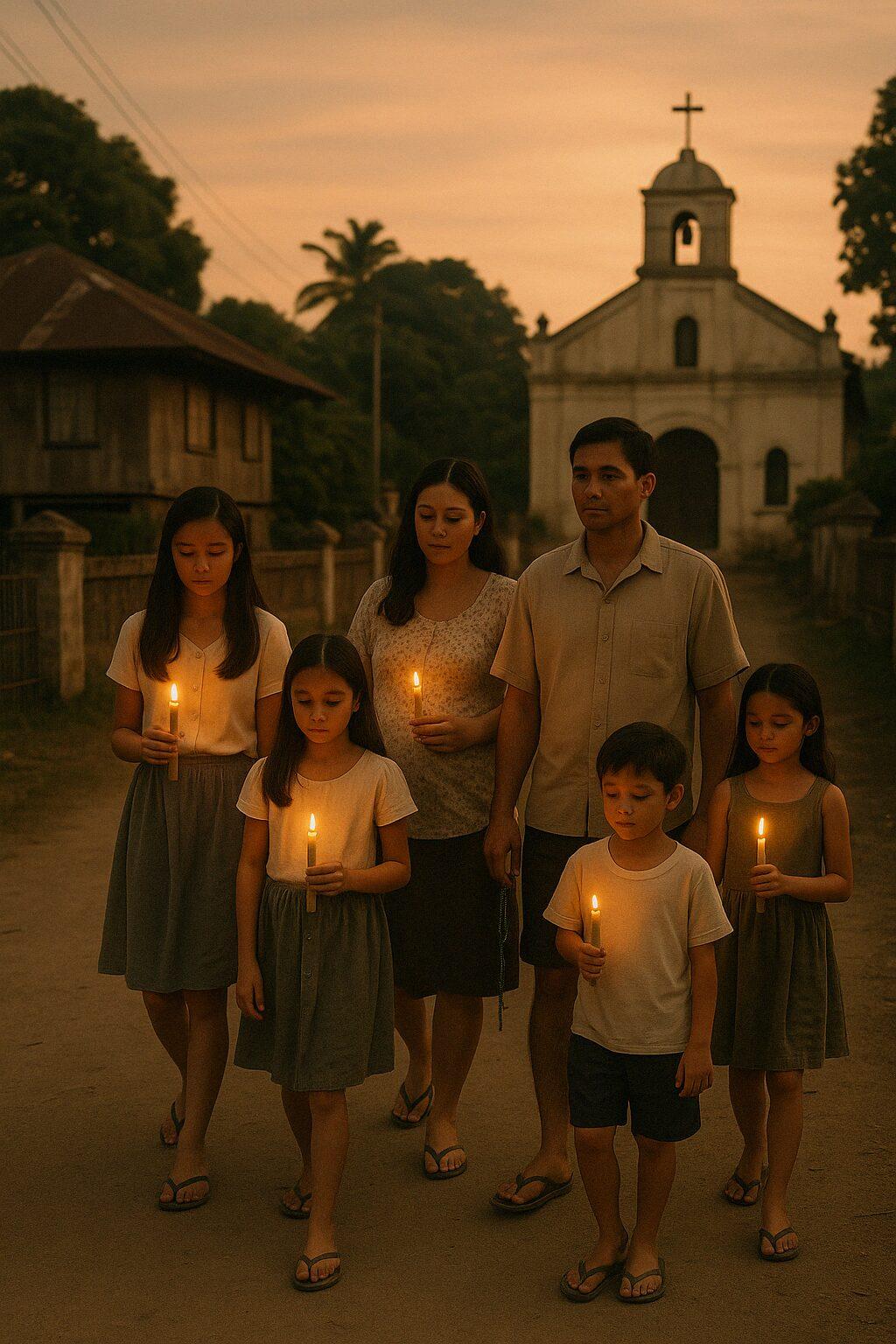Among those who attended the Cannes premiere of *Bona* were (from left) Daphne Chiu of TBA Studios, Vicky Belarmino from the Cultural Center of the Philippines and Cinemalaya, Gil Quito, director Harold Soon of TBA Studios, and American filmmaker Sean Baker (second from right), who later won the Palme d’Or for *Anora*. A passionate fan of Lino Brocka, Baker had posted on social media about his excitement to attend the premiere, expressing his deep admiration for the legendary Filipino director. Contributed photos
The restored version of Bona, a landmark Filipino film directed by Lino Brocka and starring National Artist Nora Aunor, made a triumphant return to the big screen with four screenings at the 62nd New York Film Festival, including a sold-out U.S. premiere on September 28.
First released in 1980, Bona tells the story of a middle-class young woman who abandons her family and education to follow Gardo, a minor actor in the Filipino film industry. As her obsession grows, she moves in with him, only to find herself relegated to the role of his maid rather than a romantic partner. The film provides a scathing critique of fanaticism, poverty, and unrequited love. Tatler Asia describes Bona as “a tactile example of the Filipinos’ enduring and flawed culture of fanaticism,” while the Toronto International Film Festival hailed it as a “remarkable work of feminism.”
Though celebrated upon release and even selected for the Directors’ Fortnight at the 1981 Cannes Film Festival, Bona remained largely unseen in its original format for decades. The recent 4K restoration, spearheaded by Carlotta Films and Kani Releasing, was made possible through the efforts of Professor José B. Capino. In a pivotal 2017 interview, Capino unearthed the location of the film’s original elements, securing its preservation and restoration.
The journey to restoring Bona was a complex and determined effort, as shared by screenwriter Gil Quito in a recent interview with the Asian Journal. This was made possible by a collaboration between Vincent Paul-Boncour of Carlotta Films and a network of passionate advocates for Filipino cinema, determined to preserve and showcase its history.

Quito recounts that his connection with Paul-Boncour began during the premiere of another restored Filipino classic, Itim (1976), co-written by Quito and directed by Mike de Leon. The 2022 screening of Itim at Cannes sparked a fruitful relationship with Paul-Boncour, leading to his involvement in the search for Bona’s film elements. “Vincent asked if I happened to have a copy of Bona in my library. I said the only copy I had was one with very poor VHS quality, and this was reputed to be the only extant version,” Quito explained. Despite the condition, Paul-Boncour was determined to find a way to bring the film back to life.
A key turning point in the restoration process came when Vincent learned from a 2011 interview conducted by Professor Capino that the late Pierre Rissient, who originally brought Bona to Cannes, had deposited the film’s negatives at a Paris lab, LTC Patrimoine. This fortuitous discovery enabled the eventual restoration of the film, with Cite’ de Memoire recovering the negatives from LTC’s vast inventory. “It was a thrill when Cite’ de Memoire eventually found the negatives of Bona,” Quito noted, emphasizing how crucial this discovery was in saving the film for future generations.
The restoration process required the collective efforts of various players, including Hong Kong-based Kani Releasing headed by Pearl Chan and Ariel Sebastian Cayer and Filipino cultural figures like Vicky Belarmino of Cinemalaya and the Cultural Center of the Philippines, director Adolf Alix, and long-time Nora Aunor friend Jojo de Vera. Through months of negotiation and advocacy, Bona was restored and is now distributed in the U.S. by Carlotta Films. “The effort to restore Bona eventually pushed through,” Quito said with relief and pride, as the project to save this significant film was successfully completed.
The world premiere of Bona at Cannes in May 2023 was another milestone in the film’s rebirth. It was only the fourth Philippine film selected for the Cannes Classics following Lino Brocka’s Manila in the Claws of Light in 2013, Insiang in 2015, and Mike de Leon’s Itim in 2022.
Although Nora Aunor and Philip Salvador were unable to attend due to personal commitments, the screening drew a significant crowd of Filipino cinema luminaries, including Film Development Council of the Philippines (FDCP) chair Jose Javier Reyes, Quezon City Film Festival chief Ed Lejano, director Adolf Alix, actor Xian Lim, and other prominent figures. U.S. director Sean Baker, an avid fan of Lino Brocka, also attended and was thrilled to receive a special Bona poster from the team behind its restoration. “A world premiere at Cannes is always exciting,” Quito remarked.

Despite this recent success, Quito warns of the urgency to continue preserving Filipino classics, as many films face the risk of being lost forever. “There remains a huge inventory of Philippine film classics that still need to be saved and restored before the original elements deteriorate even further or disappear,” he said, emphasizing the critical need for continued efforts in film restoration.
The film’s return to the big screen in a stunning 4K restoration, meticulously scanned and color graded from its original negatives, ensures that new generations will witness Brocka’s searing commentary on Filipino society, especially the plight of women during the Marcos dictatorship. The screenings, part of a broader resurgence of interest in Brocka’s body of work, exemplify the enduring power of Filipino cinema on the global stage.
Quito also highlighted the dire need for more efforts in film restoration, especially with several of Lino Brocka’s masterpieces either lost or only available in low-quality formats. “Films like Santiago and Tubog sa Ginto may never see restoration if the original elements can’t be recovered,” he explained. Despite the monumental work of groups like Mowelfund and the Society of Filipino Film Archivists, there are still many films at risk of being lost forever.
As for future restoration efforts, Quito expressed hope for saving more films by masters like Ishmael Bernal and Lamberto Avellana. “There’s much work to be done, and it’s a race against time,” he said.






